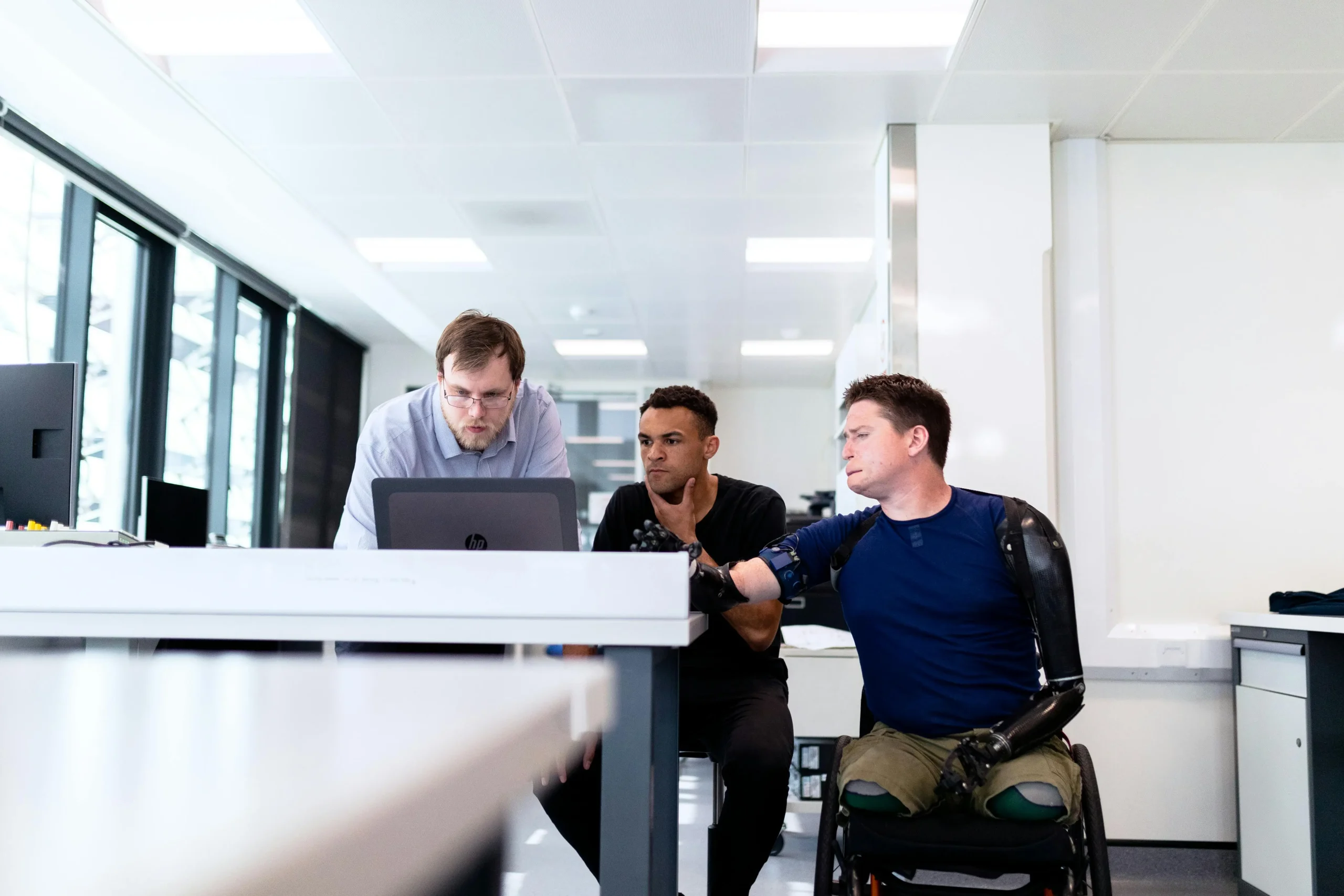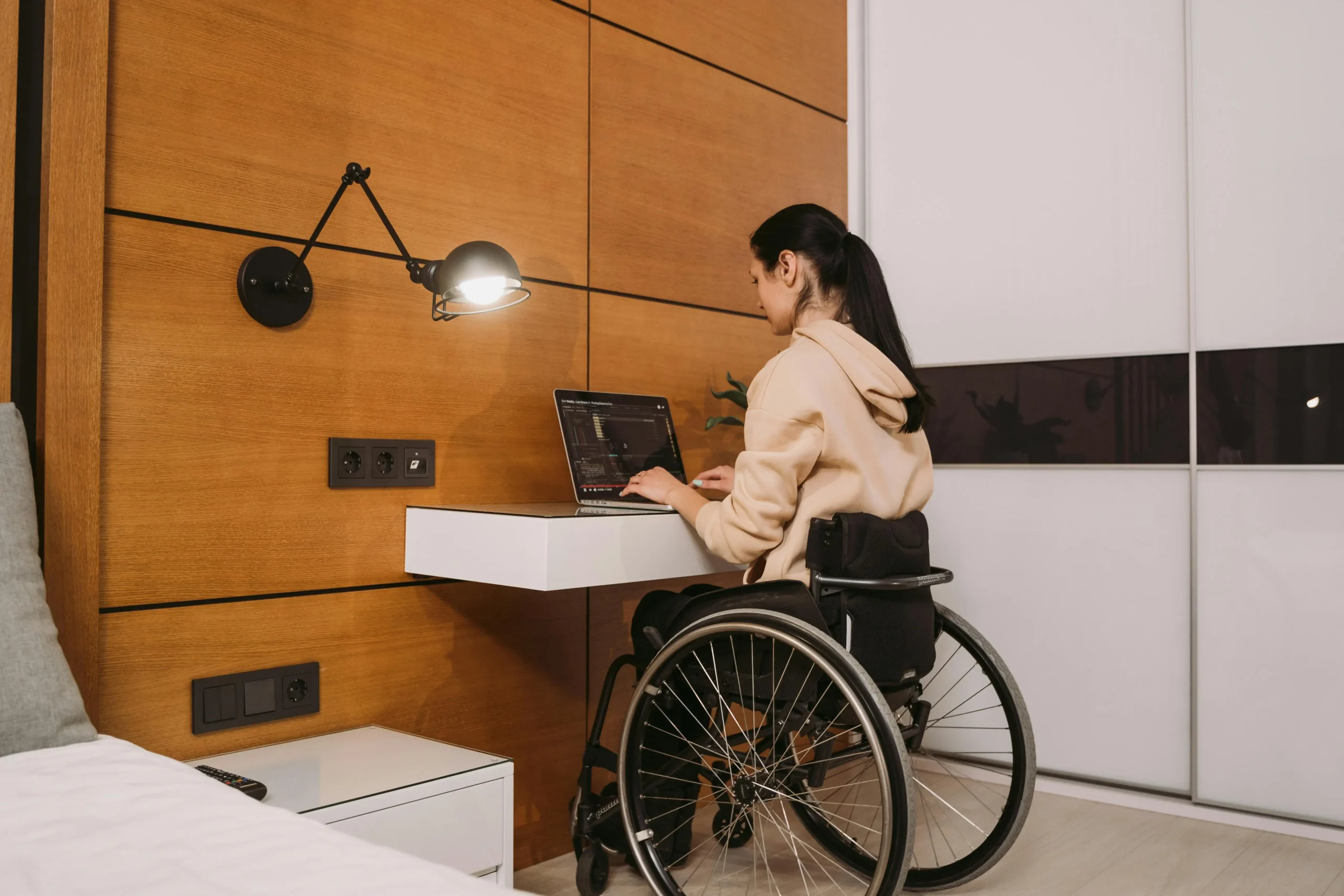5 Ways Employers Can Support People with Disabilities in the Workplace
Creating Inclusive Workspaces for All
Workplaces thrive on diversity, and hiring people with disabilities contributes to a more dynamic, empathetic, and innovative environment. However, for companies to truly unlock the potential of disabled employees, they need to actively support them. Equal Capable Jobs believes that inclusivity goes beyond hiring—it’s about fostering a workplace culture where everyone feels valued and supported.
Here are five impactful ways employers can support people with disabilities in the workplace:
1. Make Your Workplace Accessible
Accessibility is key when creating an inclusive environment for employees with disabilities. Employers need to assess their workspaces to ensure they are physically and digitally accessible. This might mean installing ramps, providing accessible restrooms, or offering assistive technology for communication.
Additionally, ensure that digital resources—like the company’s website or internal software—are compatible with screen readers and other assistive tools. Investing in accessibility is not just about compliance; it shows your commitment to providing equal opportunities.
2. Offer Flexible Work Arrangements
Flexibility is a powerful tool for employees with disabilities. Not all disabilities are visible, and some employees may require accommodations that allow them to work from home, adjust their working hours, or even take regular breaks due to medical conditions.
By offering flexible work options, employers can provide a comfortable and productive work environment that caters to the needs of individuals with disabilities. This support also enhances employee morale and productivity.
3. Educate and Train Your Team
Awareness is essential in creating an inclusive workplace. Provide diversity and inclusion training for all employees, focusing on disability awareness. This helps reduce misconceptions and biases while fostering understanding and empathy.
Training can cover topics like communication strategies, the importance of accessibility, and how to work alongside disabled colleagues respectfully. When your team understands the challenges their peers face, it builds a more supportive and collaborative culture.
4. Encourage Open Communication
Creating a culture where employees feel comfortable discussing their needs is crucial. Employers should encourage open dialogue by regularly checking in with employees with disabilities to ensure that their work environment supports their needs.
This might involve offering confidential meetings with HR or managers where employees can discuss any challenges they face and suggest accommodations that will help them succeed. By creating a safe space for communication, employees feel more valued and supported.
5. Provide Career Development Opportunities
It’s important for people with disabilities to have the same opportunities for career growth as any other employee. Provide mentorship programs, training sessions, and promotions that are accessible to everyone.
Ensure that disabled employees have access to leadership roles, and actively encourage them to participate in professional development initiatives. Career development support empowers them and helps build confidence in their skills and contributions.













